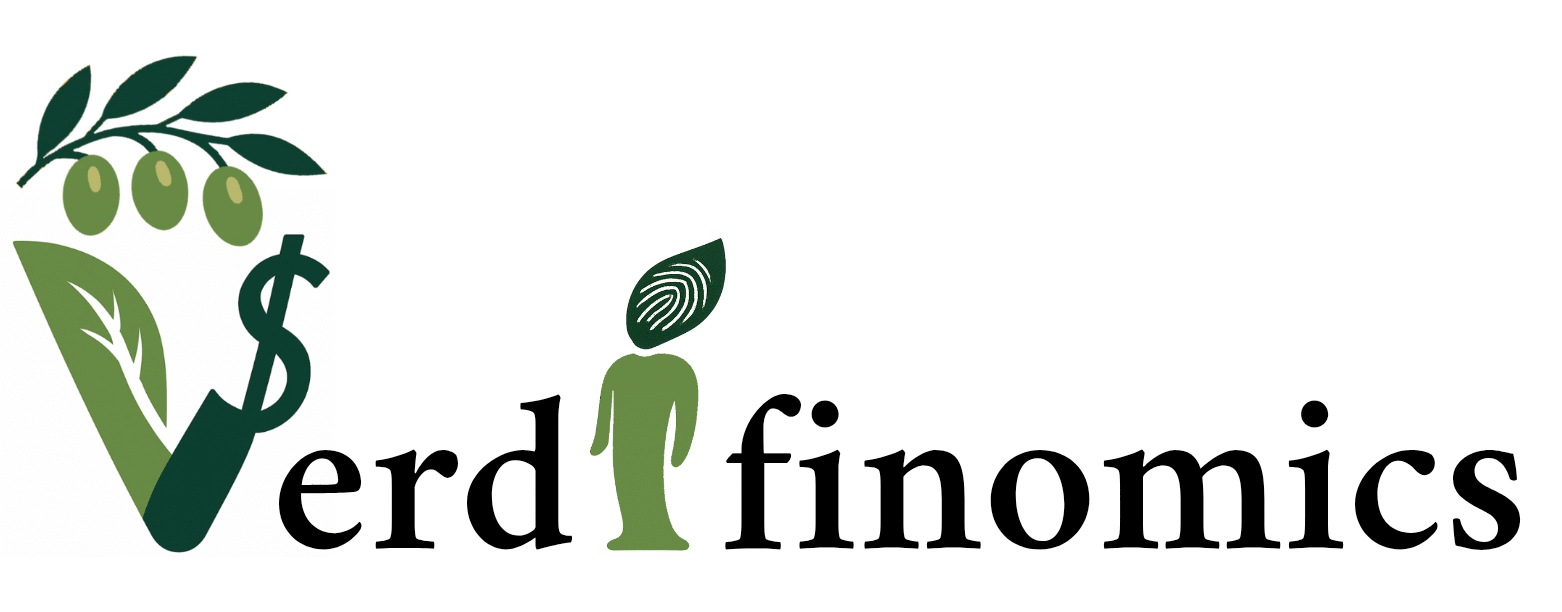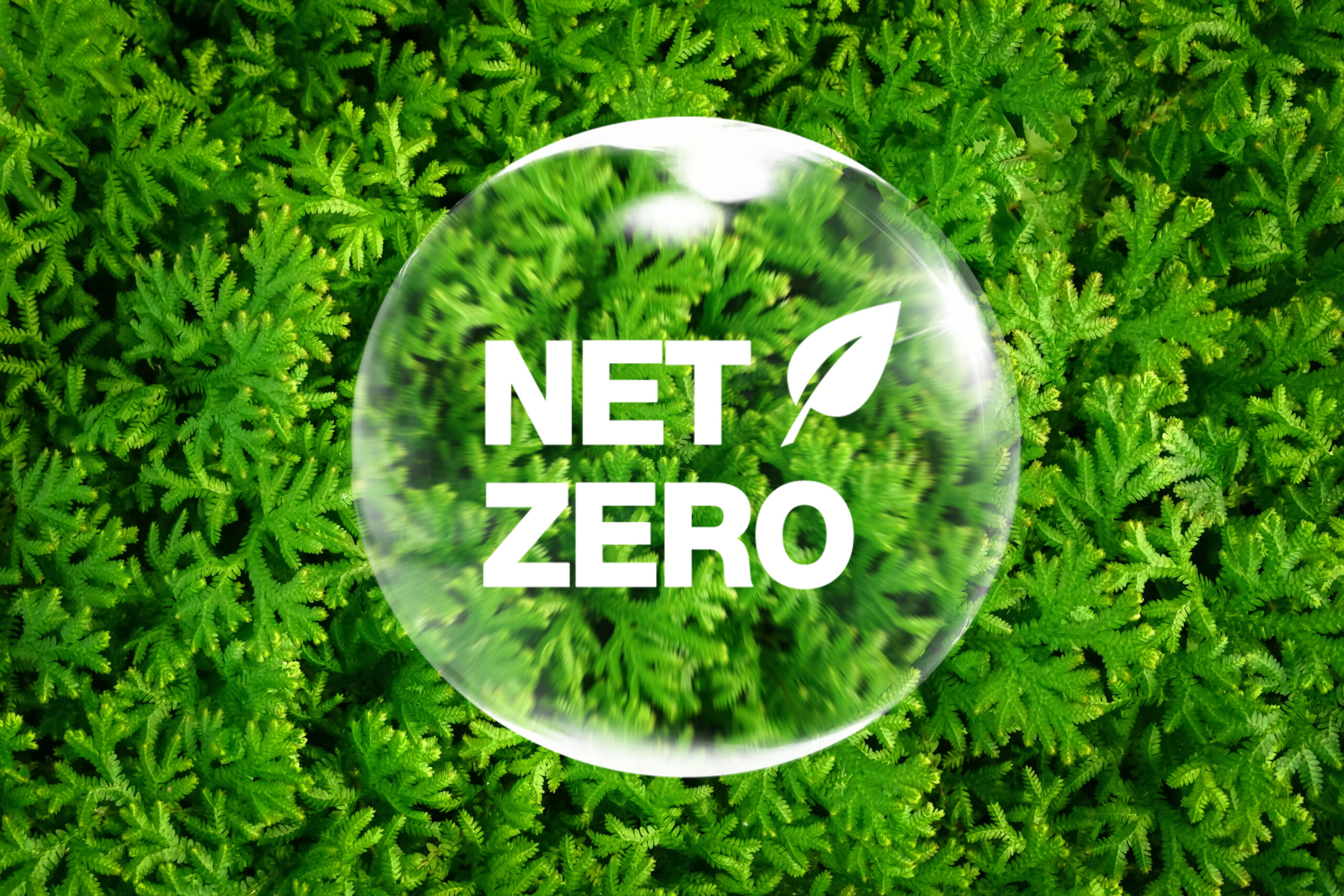Sustainability has become a widespread topic of global conversation and concern. Governments are drafting climate policies, businesses are publishing net-zero roadmaps, and investors are pouring billions into environmentally-friendly projects, social initiatives and green infrastructure.
When it comes to sustainable finance, businesses are growingly including Environmental, Social and Governance (ESG) factors into financial analysis, investment strategies, and risk management. But everyday people, families and households are often left on the sidelines.
Sustainable Personal Finance (SPF) is a powerful but underutilised tool in the global push towards a net-zero economy. SPF enables households to control their finances while making a tangible difference to the planet, which is generally obstructed by lack of awareness and information, and high perceived costs. Verdifinomics aims to reverse this!
Obviously, to maximise the impact of Sustainable Personal Finance, policymakers must also ensure the necessary support to the people, in the form of accessible and inclusive transition-based financial products, which is what Verdifinomics advocates for.
So, what is Sustainable Personal Finance, and why does it matter so much right now?
What Is Sustainable Personal Finance?
Sustainable Personal Finance (SPF) is the practice of managing your money (earning, spending, saving, borrowing, and investing) in a way that is aligned with your long-term financial goals and your values regarding the environment and ethics. It’s about purpose and the intention to ensure that your consumption and investment decisions contribute to a sustainable future for the planet and the society.
Sustainable Personal Finance means asking smarter questions like:
- Am I avoiding banks financing the growth of the fossil fuel industry?
- Can I reduce my carbon footprint by changing my spending and saving habits?
- Am I investing in companies that treat people and the planet responsibly?
- Do I have a say in greening your workplace pension and the planet responsibly?
- Is my income obtained through means that are ethical and environmentally responsible?
SPF encourages you to consider not just what money can do for you, but what your money is doing for the planet, even when it’s just sleeping in your bank account.
It touches on:
- Sustainable budgeting: cutting wasteful spending and redirecting it towards meaningful and eco-aligned goals.
- Sustainable and green banking: choosing banks and credit unions that invest in clean energy and social progress, and avoid exploitative practices.
- Ethical investing: shifting capital into businesses and funds with strong ESG credentials and direct environmental impact.
- Responsible circular consumption: understand where your money goes, and embracing second-hand, repair-first, and low-waste lifestyles that reduce consumption and free up savings.
- Values-based debt and insurance: avoiding products that profit from overconsumption or underwrite environmental harm. Prioritise institutions that focus on legitimate trade and asset-based investment, and believe in risk-sharing and partnership. Green insurance policies will even support and reward you for switching to a more eco-friendly lifestyle.
Why It’s the Missing Link in the Net Zero Transition
Net-zero means having a balanced carbon footprint, or causing no more greenhouse gas (carbon dioxide) emissions to the atmosphere, through your home and lifestyle, than the amount you’re removing. The UK Government has set a target of reducing its net greenhouse gas emissions by at least 100% by 2050, compared to 1990 levels. We should all try our best to achieve this, especially since the majority of the inflation (increase in prices of goods and services) in recent years has been caused by fossil fuel price volatility and our strong non-renewable energy dependence.
Governments and corporations play a huge role in emissions reduction. But here’s a startling fact: Over 72% of global emissions are tied to household consumption. That’s your everyday choices: your electricity, your transportation, your food, your shopping.
And yet, personal finance is almost never part of the international climate conversation.
This is the gap Sustainable Personal Finance and Verdifinomics fills. We need to bridge the divide between individual action and systemic change. Even your small efforts can encourage policymakers to collaborate with organisations, and provide the necessary financial products to facilitate a larger scale transition.
Here’s how:
- Where your money sleeps matters: your savings, pension, and investments are not neutral. They’re funding something. By moving your money to sustainable institutions, you shift capital away from industries driving the climate crisis.
- You vote every day with your wallet: Spending consciously, by supporting sustainable businesses and buying from local producers, sends market signals that can reshape entire industries.
- You build resilience: SPF prepares you for a climate-disrupted future, not just ethically, but financially, with lower bills, socio-ecologically-educated investments and reduced financial stress.
The Double Dividend: Save Money and Save the Planet
Many people assume living sustainably is expensive. But that’s a myth. In fact, Sustainable Personal Finance saves you money over time:
- Switching to energy-efficient appliances lowers your utility bills
- Reducing food waste saves hundreds a year
- Buying more intentionally helps you spend smarter and live better
- Commuting less or carpooling saves fuel and time
As sustainable consumption grows, and individuals demand goods and services that avoid environmental and social harm and extend the planet’s ability to sustain life, enterprises that achieve these goals will unquestionably expand. As these businesses grow, your sustainable investment portfolio will thrive as well!
Sustainable banking can indirectly save you money in the long-term, by ensuring the growth of renewable energy technologies and the development of low-cost sustainable transportation alternatives, such as cheaper electric vehicles and high-speed rail. As the sustainable personal finance market expands, green mortgages and sustainable loans will allow you to benefit from favourable terms and further reduced costs over the long run.
Every small change adds up. And every pound or dollar saved can be redirected into future goals, whether that’s an emergency fund, home deposit or retirement plan, whilst being assured that these luxuries will also be available for future generations, including your children and grandchildren.
Making Sustainable Finance Accessible
Your vote and support really matters for the growth of sustainable personal finance!
Sustainable finance has traditionally been framed as a space for professionals, investors, or high-net-worth individuals. But Sustainable Personal Finance and Verdifinomics flip the script.
You don’t need a finance, economics or ecological economics degree to:
- Understand how your personal financial decisions are affecting the planet and the society and create a socio-ecologically sound budget
- Ask your pension provider where your money is invested
- Open a savings account at an ethical bank
- Switch to a renewable energy supplier
- Convert to a green mortgage and green insurance
Verdifinomics will provide you with the awareness and tools to help you decode the system, discover new options, and take practical everyday steps.
Your small financial decisions, about where you shop, how you save, what and who you support, have ripple effects that touch your planet, your community and your future self.
In a world of uncertainty, Verdifinomics invites you to think differently about money. To see it not just as a means to an end, but as a catalyst for change.

